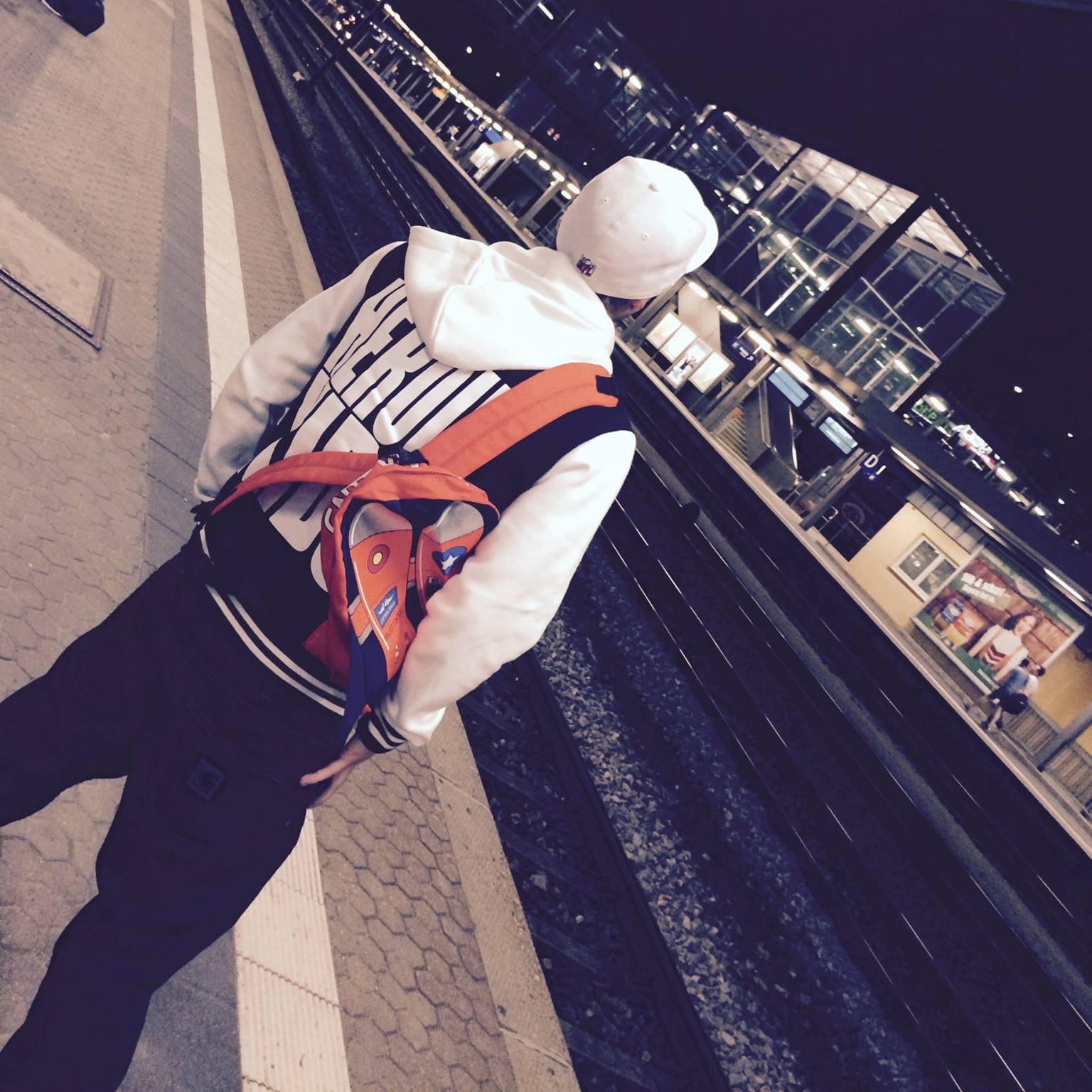Freedom of art in danger: Mead Opera Director warns of censorship!
The season opening of the Metropolitan Opera in New York addresses the freedom of art and the current challenges of expression.

Freedom of art in danger: Mead Opera Director warns of censorship!
The current debates about freedom of expression reach the metropolitan opera in New York with a bang. On the occasion of the season opening of the renowned house, Opera Director Peter Gelb urgently emphasized the importance of the artistic expression. The audience's applause echoed for minutes and made it clear how much the spectators are behind these words. This event is not only a highlight of the cultural scene, but is celebrated as a major social event. New York Senator Chuck Schumer also took the opportunity to warn that art is currently being attacked more than during corona pandemic. Schumer emphasized the need to vigorously defend art and the institutions they protect. The premiere of the new opera "The incredible adventures of Kavalier and Clay", based on Michael Chabon's novel of the same name, followed after this passionate speech by the senator.
But the topic of freedom of expression is not only present in New York's opera lodges. The case around the comedian Jimmy Kimmel personally unfolds wide waves in the media. Kimmel's show was suspended after making extremely controversial comments in a satirical comment on Charlie Kirk, a conservative activist who was victim of an assassination on September 10. Kirk, who enjoyed the support of Donald Trump during his career, had criticized Kimmel since 2017 and has described his use of Blackface in the past, for whom the comedian later apologized as inappropriate. ABC justified the suspension of Kimmel's program with its "offensive and insensitive" statements that are not in the public interest. The suspension has sparked a heated debate about topics such as "Cancel Culture" and freedom of expression.
"Cancel Culture" and their effects
The discussion about “Cancel Culture” continues to illuminate the complexity of freedom of expression in today's society. Critics like the CDU boss Friedrich Merz warn that this culture is a significant threat to freedom of speech. Surveys show worrying numbers: 57 % of the British and 55 % of Americans feel inhibited to express their opinions openly, out of fear of criticism or reprisals. In Germany, only 45 % of those surveyed believe that they can freely express their political opinion. These developments also have an impact on the academic landscape, where, for example, James Bennet was released at the "New York Times" because of a critical comment. Such incidents call up questions that cannot be ignored. Are you on the best way to a society that feels trapped in your own expression?
The debate about “Cancel Culture” has now also influenced the political climate. While left -wing circles in particular are skeptical of supposed threats to freedom of expression, many progressive voices see an inappropriate attempt to raise the voice of marginalized groups and at the same time prevent a return to the deprivation. These divisions are a safe sign of the underlying tensions within society, which can be observed in both the United States and in Europe.
In the midst of all these discussions, the question remains how much space for different opinions we are willing to allow - and how we could lead a respectful dialogue between the different perspectives without anyone being outlawed. The developments in the field of freedom of expression, from the opera in New York to the evening shows on TV, give rise to hope, but also to worry that we experience art and the variety of opinion that enriches our cultural structure.

 Suche
Suche
 Mein Konto
Mein Konto
